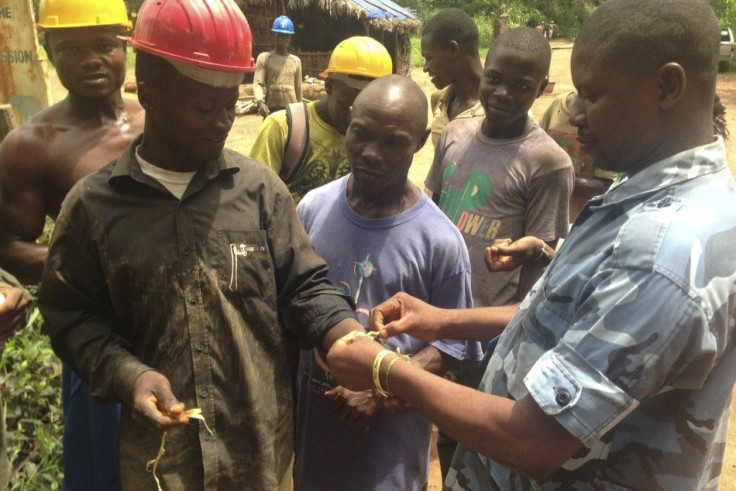US Reacts to Ebola Scare; Congress Man Seeks Banishment of All Ebola Hit to the US

Ebola scare seems to have shaken the US. It cast its shadow even at the high profile summit between President Barack Obama and 50 African heads of state that kicked off in Washington on Monday. The VOA reports that the summit was being hosted at a time many West African nations are facing the Ebola virus outbreak.
President Obama has stated that the United States is closely monitoring the situation. As a precautionary step, all African officials from at-risk countries have been screened for the disease before they entered the U.S. The leaders of Sierra Leone and Liberia canceled their trips to Washington because of the Ebola outbreak.
Ban on entry sought
In a letter to John Kerry, US secretary of state, the Congressman Alan Grayson called for banning the entry of citizens from the Ebola-hit countries to the US and also those foreigners who have visited such countries. He shot off a similar letter to the Secretary of the Department of Homeland Security Jeh Johnson also.
Grayson specifically demanded travel ban on citizens from Guinea, Liberia and Sierra Leone. The Congress man also wants the ban to be in force as long as the outbreak lasted and expanded its reach to other countries where Ebola has taken hold.
Patrick Sawyer as Carrier
Liberian-born U.S. citizen Patrick Sawyer was the major reported case of Ebola in the US. He was quarantined in Lagos until he died. Sawyer was en route to the United States. His widow Decontee Sawyer now demands strict measures to avoid such agony and a complete stop to Ebola. Two American doctors also got infected with suspected Ebola they quarantined in Africa. One of them was Dr. Kent Brantly whose wife and children returned from Liberia.
Deadly Outbreak
The Ebola outbreak was reported in February this year from a remote corner of Guinea and later struck the entire West Africa. Then the outbreak moved to urban centers hiking fatality rates.
According to the Centre for Disease Control and Prevention, Ebola has an incubation period of three weeks and will kill 90 per cent of the infected people. Most victims contract the virus by coming into contact with secretions or corpses of infected people or contaminated needles.
The World Health Organization estimated that in July alone 1,200 suspected Ebola cases and 612 deaths in Sierra Leone, Liberia and Guinea. The current outbreak is the largest in history and the world stands baffled as Ebola virus defies medicines and vaccines.




















